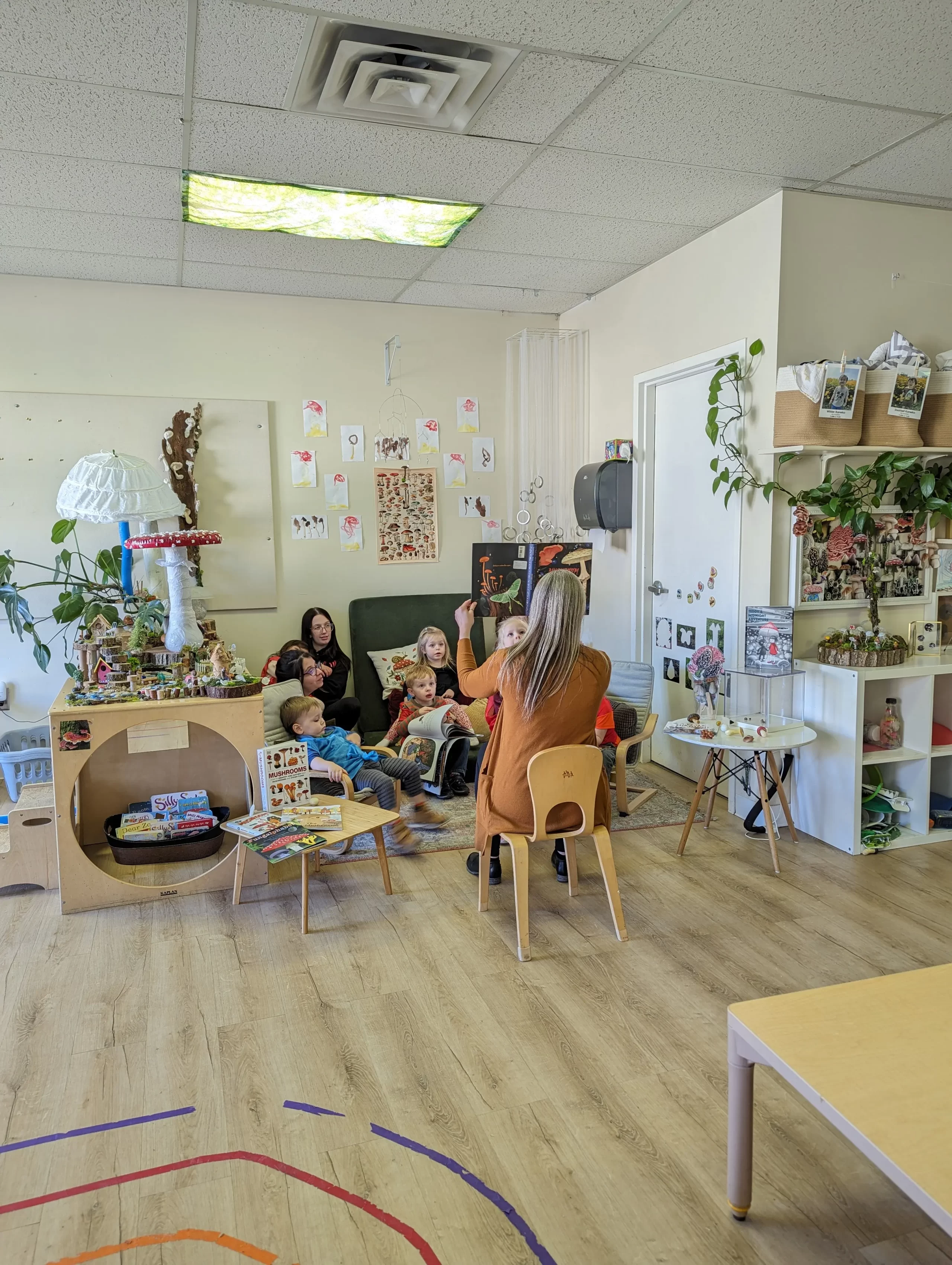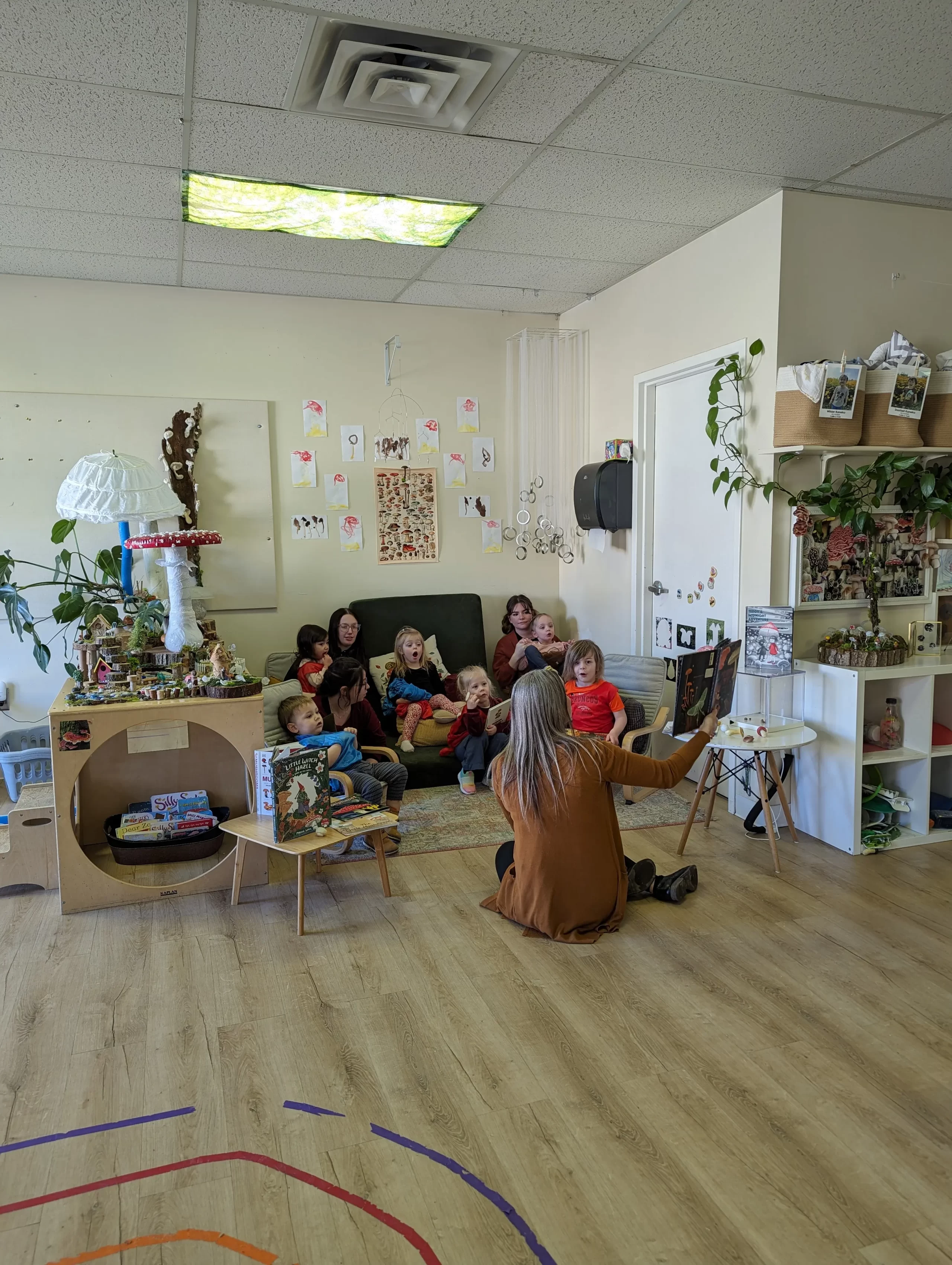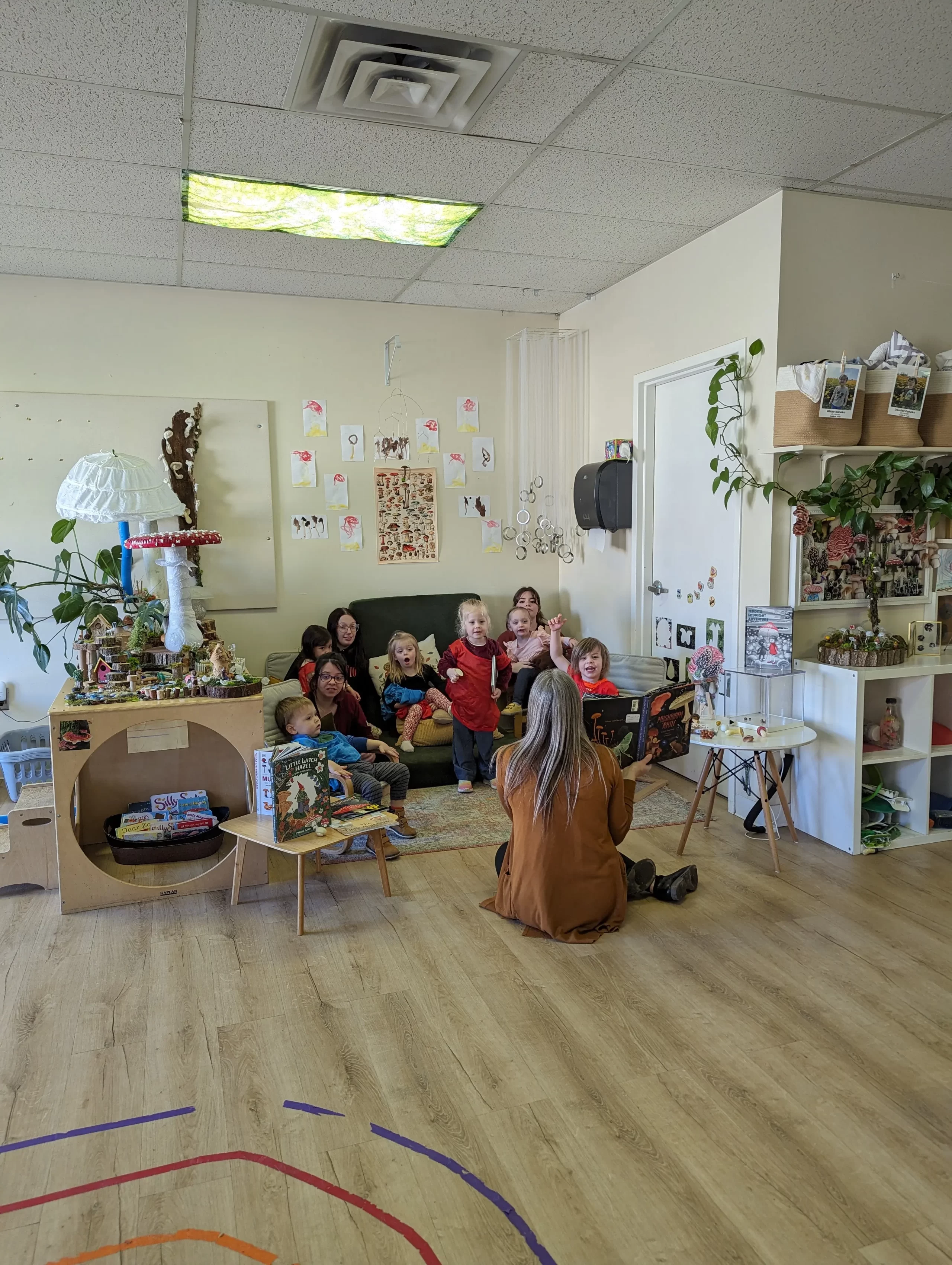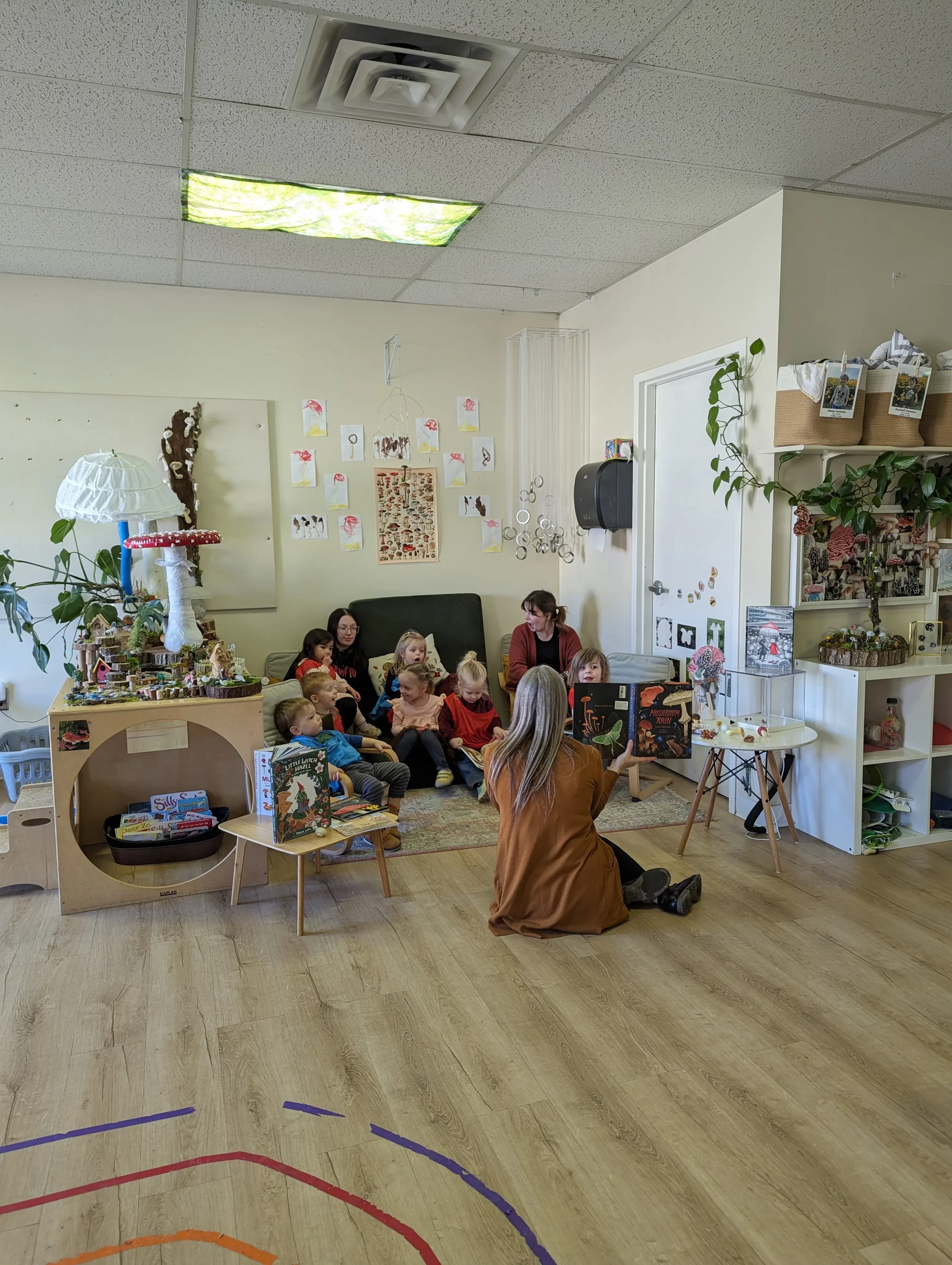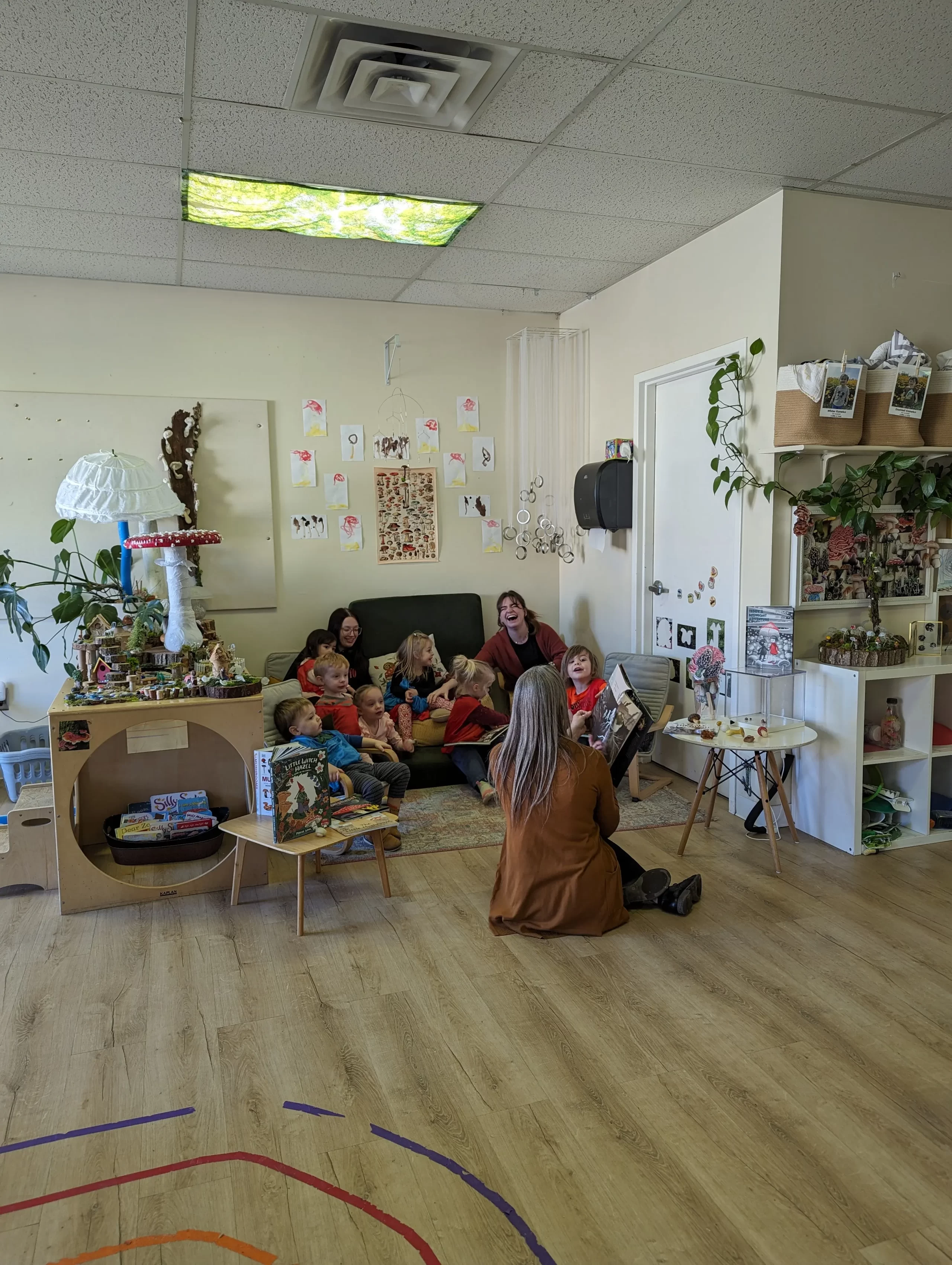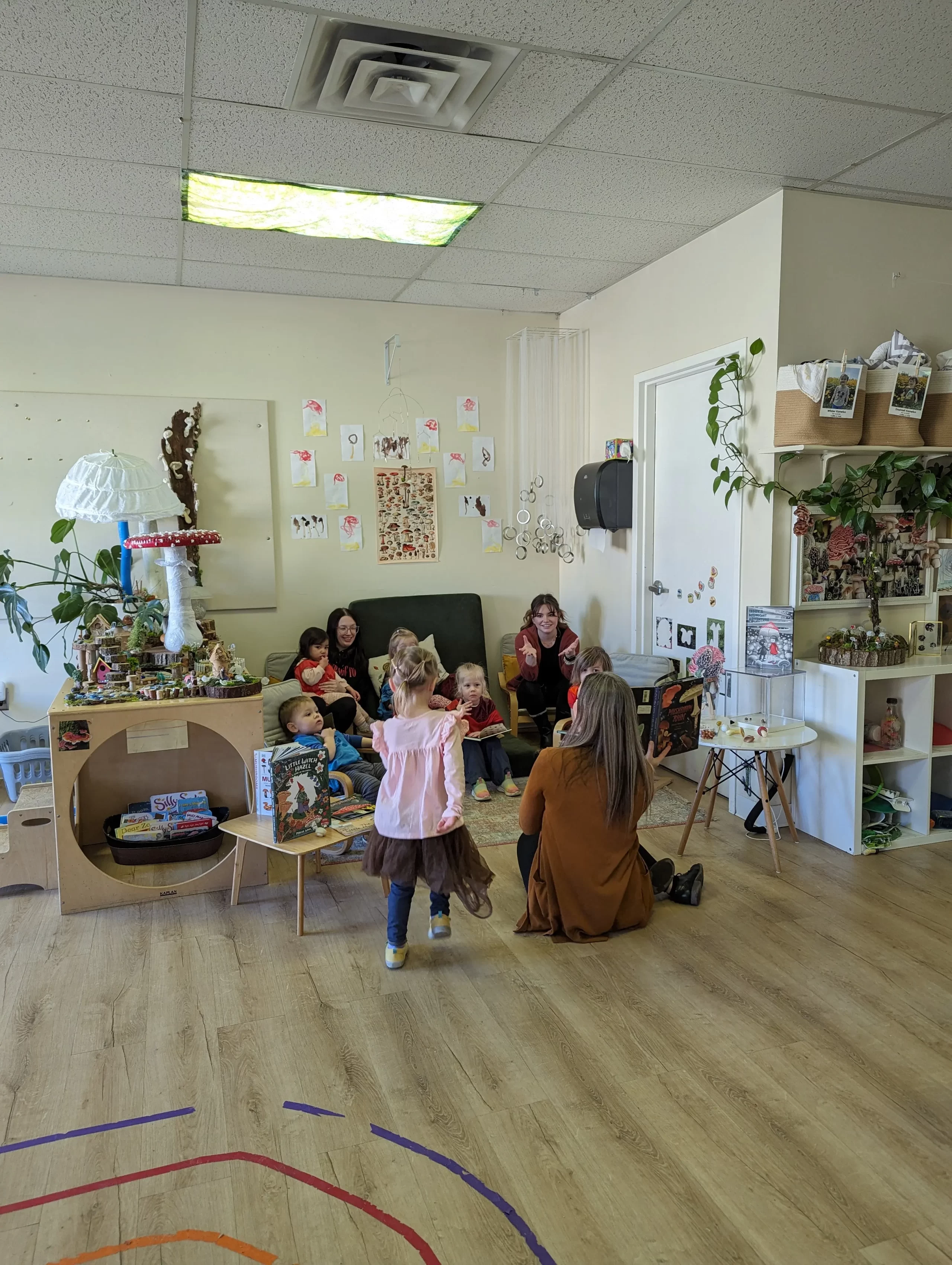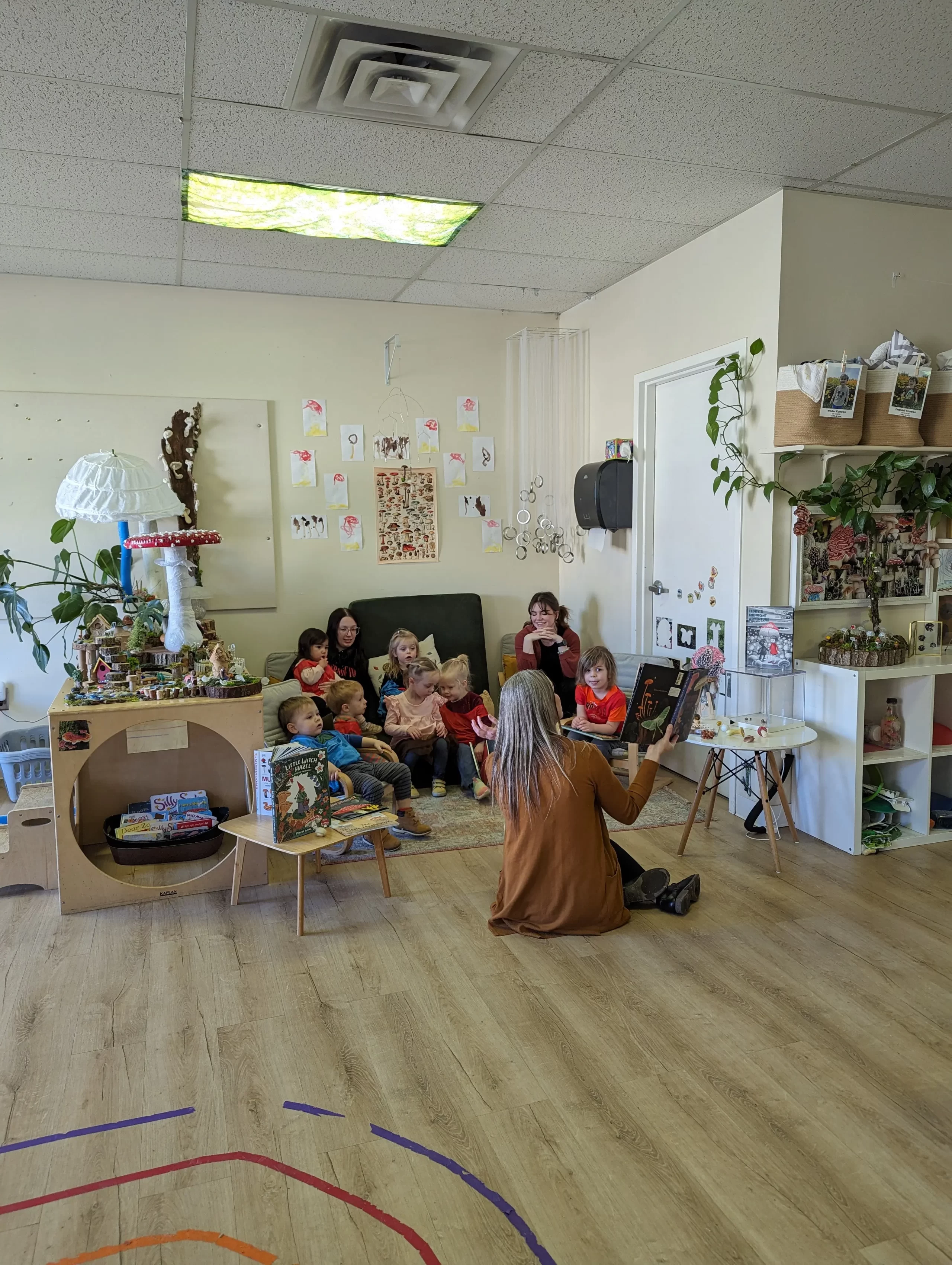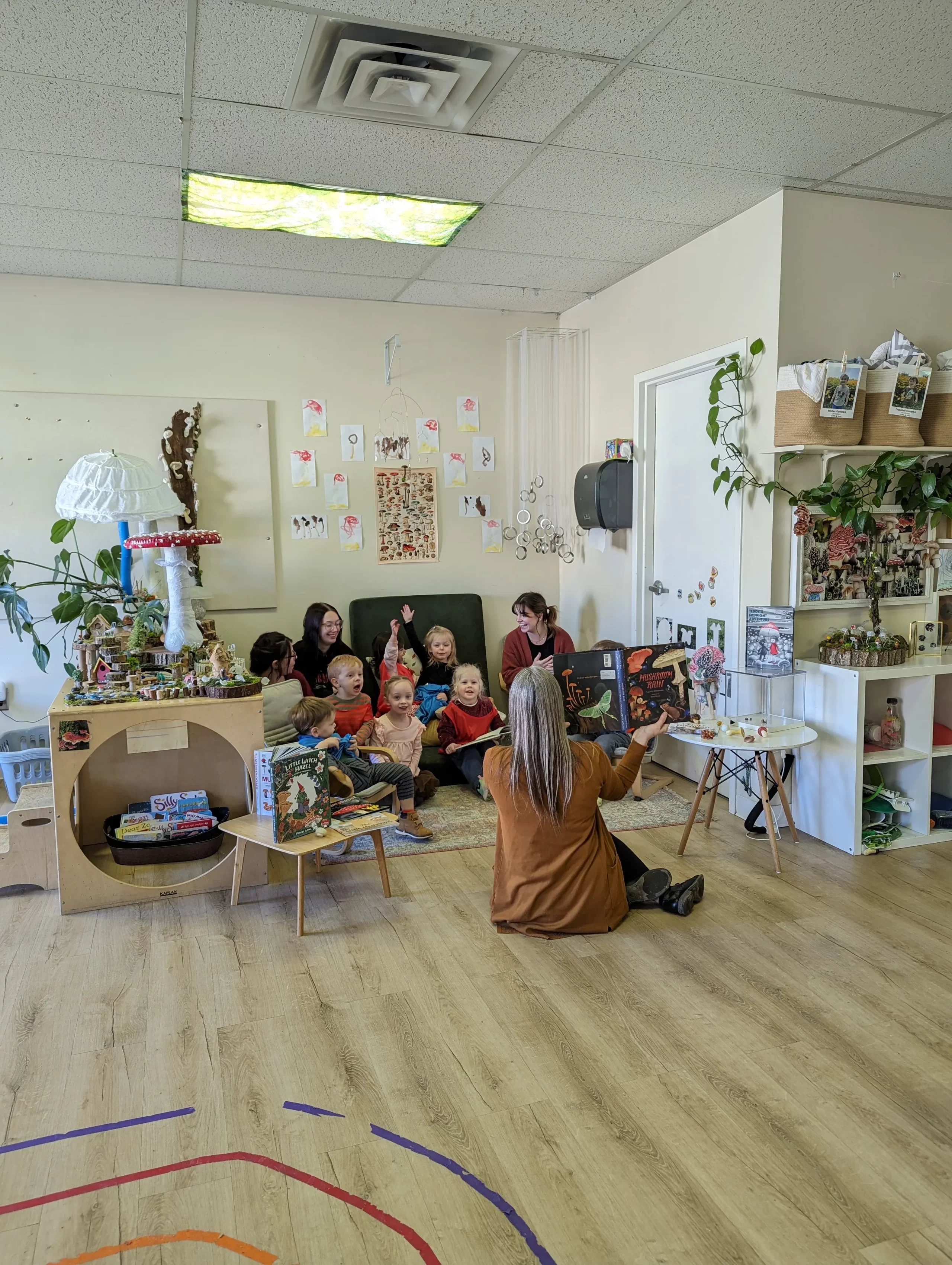
Lauren Huyck
Mentor Teacher
A.A. in early childhood education
Teaching since 2010
My name is Lauren Huyck and I am the afternoon lead for the Scoperta classroom. I started as a teaching assistant when the center was still part of Aquinas in 2010. When we became the GREDC in 2012, I stayed on. In 2014, I was excited to accept the role of lead teacher.
I have a Bachelors in psychology and writing, and an associates in early childhood education. I am currently working on getting a Masters in psychology with a concentration in child development.
I love seeing the children grow and learn. There are so many developmental milestones that I get to see and experience. I fell in love with the Reggio approach and work to incorporate it in all my experiences with children. It has definitely taught me to treat children as citizens of the world.
I honestly could go on about how much I love the work I do and how passionate I feel about every child having quality care but that would take eons. So I will end with these two quotes:
“To take children seriously is to value them for who they are right now rather than adults-in-the-making.”
Alfie Kohn
If you trust play, you will not have to control your child’s development as much. Play will raise the child in ways you can never imagine.
Vince Gowmon

